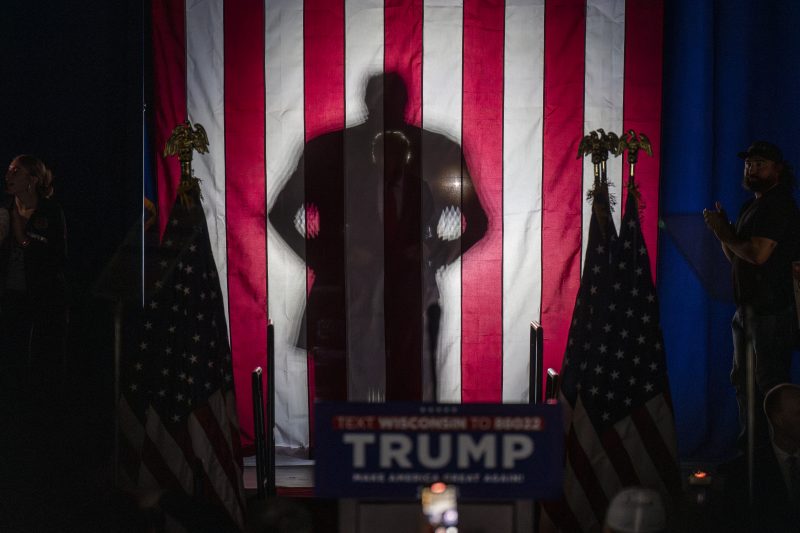
Libertarians Call on Trump to Headline Convention, Sparking Controversy
The recent controversial decision by the Libertarian Party to invite former President Donald Trump to headline their upcoming convention has sparked intense reactions from party members and observers alike. The unexpected move, which was met with a mix of excitement and outrage within the libertarian community, has brought to the forefront the ongoing debate about the party’s direction and values.
Supporters of Trump within the Libertarian Party argue that his presence at the convention would draw attention to the party and attract a broader base of supporters. They view his potential endorsement as a way to boost the party’s visibility and influence, particularly in a polarized political landscape where third parties often struggle to gain traction.
On the other hand, critics of the decision view Trump’s invitation as a betrayal of libertarian principles. They argue that Trump’s track record as president, characterized by increased government intervention and disregard for civil liberties, runs counter to the core values of the Libertarian Party. Hosting Trump at the convention, they fear, would dilute the party’s message and alienate its dedicated base.
The controversy surrounding the invitation to Trump also highlights broader tensions within the Libertarian Party regarding its identity and priorities. As a diverse political movement that includes a wide range of ideologies, from minarchists to anarchists, the party has long grappled with defining its core beliefs and attracting a cohesive following.
Many libertarians argue that the party should prioritize ideological purity and uncompromising principles over electoral success. They believe that the party’s unique selling point lies in its commitment to individual liberty, free markets, and limited government, and that any deviation from these principles risks diluting the party’s appeal and effectiveness.
Others argue for a more pragmatic approach, emphasizing the need to engage with a broader audience and build coalitions with like-minded individuals and groups. They believe that inviting high-profile figures like Trump to the convention could help expand the party’s reach and influence, even if it comes at the cost of some ideological purity.
Ultimately, the decision to invite Trump to headline the Libertarian Party convention reflects a larger debate within the party about its identity, strategy, and priorities. As the party grapples with these internal tensions, its members must navigate the delicate balance between staying true to their core values and adapting to a changing political landscape. The outcome of this debate will not only shape the future of the Libertarian Party but also influence the broader political discourse in the United States.
